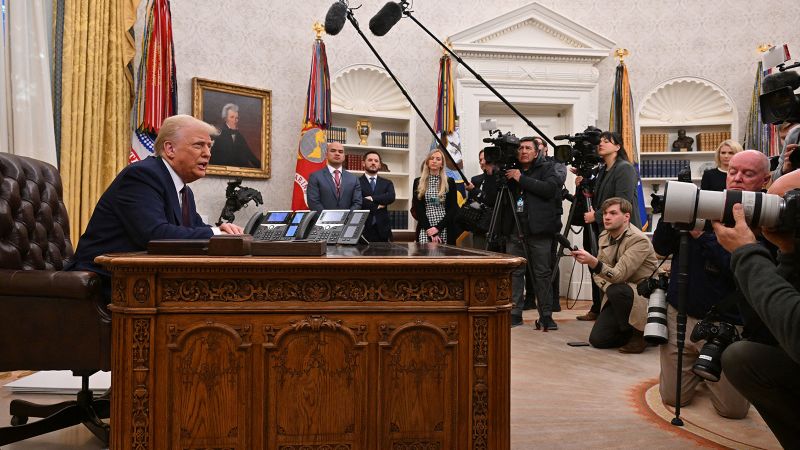Trump's Power Play: A Week of Political Payback Unfolds

In a swift and calculated move that signals his intent to settle old scores, President Donald Trump has begun his return to power by targeting one of his most prominent critics from the COVID-19 pandemic era. The removal of Dr. Anthony Fauci's security detail represents just the opening salvo in what appears to be a carefully planned campaign of political retribution.
Trump, who has long harbored resentment towards the infectious disease expert who frequently contradicted his pandemic narrative, is wasting no time in demonstrating the consequences for those he perceives as political opponents. This action serves as a clear warning to others who might have challenged him during his previous administration, underscoring his commitment to the revenge he promised supporters during his campaign.
The termination of Dr. Fauci's security protection is more than a mere administrative decision; it's a symbolic gesture that speaks volumes about Trump's approach to leadership and his willingness to use official powers to address personal grievances. As he steps back into the political arena, these early moves suggest a presidency driven by personal vendettas and a desire to reshape the political landscape according to his own vision.

